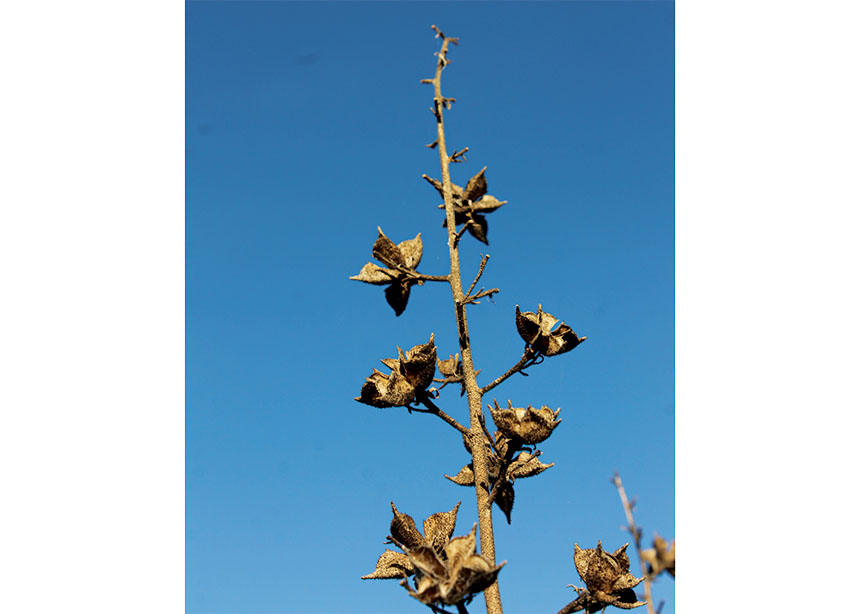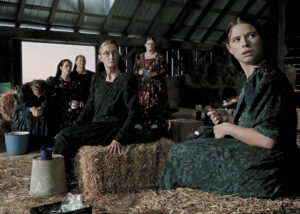Psalm 103 contains familiar and beautiful lines that speak of the Lord as being gracious and compassionate, slow to anger and abounding in love. They’re lovely, but that’s not what struck me in my most recent read-through. Instead, I was surprised by:
“For he knows our devisings,
recalls that we are dust.
Man’s days are like grass,
like the bloom of the field, thus he blooms—
when the wind passes by him, he is gone,
and his place will no longer know him.”
I like to think that I have not skirted around the reality of death in my life, even tried to embrace death, knowing that it is to be a central part of my faith: we’re to die to ourselves, only in death do we truly live, out of death comes resurrection.
I sometimes dwell on my own mortality as a way of familiarizing or acclimatizing myself, so that when death does come knocking in my life, whether for me or a loved one, I haven’t steered so clear of death’s reality that I have no emotional or spiritual tools to turn to. I want to be ready, familiar, even hospitable to the inevitable companion to life. I want to face death well, whatever that means.
But reading this passage made me realize that I’m all talk. I might read about and talk about death, but the reality is that we’re not well acquainted. I’ve lost grandparents and peripheral people in my life, even suddenly and tragically, but death has not truly shaken my immediate world or barged in unwelcome and played dirty in my life. It’s easy to think upon death, even one’s own mortality, when it’s always at arm’s length and is only a theoretical spiritual practice.
Reading this section of scripture made me realize how haunted I still am by the idea of my own mortality. It made me realize that I’m not as sure of my afterlife existence as I let on. Scripture’s idea of my place no longer knowing me is terrifying. The short time I have here on this earth, knowing how much more may continue on without me—that’s something I’m currently lamenting. There’s so much to do and see and try that I simply will never get a chance to explore and participate in.
I’m nearing what could be considered mid-life, and I’m realizing just how quickly it all passes by. I may be the centre of my own life, but I’m only a minuscule blip in the history of all things, and when I’m gone, as the scripture says, my place will no longer know me. I’m trying to rethink that, to find peace in that, that I live and then die and fade away, just like everything else.
Admittedly, I’m sometimes saddened and overwhelmed by the idea that when I’m gone my place will no longer know me. Very few people make the history books, to be remembered for generations to come. Most of us will fairly quickly fade beyond memory, like the bloom that was there and then is blown away. And maybe I can, strangely, find that encouraging in a humbling kind of way. Maybe I can take my life a little more lightly and be a bit less anxious. Maybe I can resist becoming nihilistic, seeing life as meaningless, but be humbled in remembering that God’s great love holds all things, including my life and death, together.
And all I have to hold together are the two things I’ll now remember from this Psalm: that the Lord is gracious and compassionate and that I am dust that will be here and then be blown away and forgotten.
Joshua Penfold lives in New Hamburg, Ontario, and can be reached at penfoldjoshua@gmail.com.








Leave a Reply
You must be logged in to post a comment.